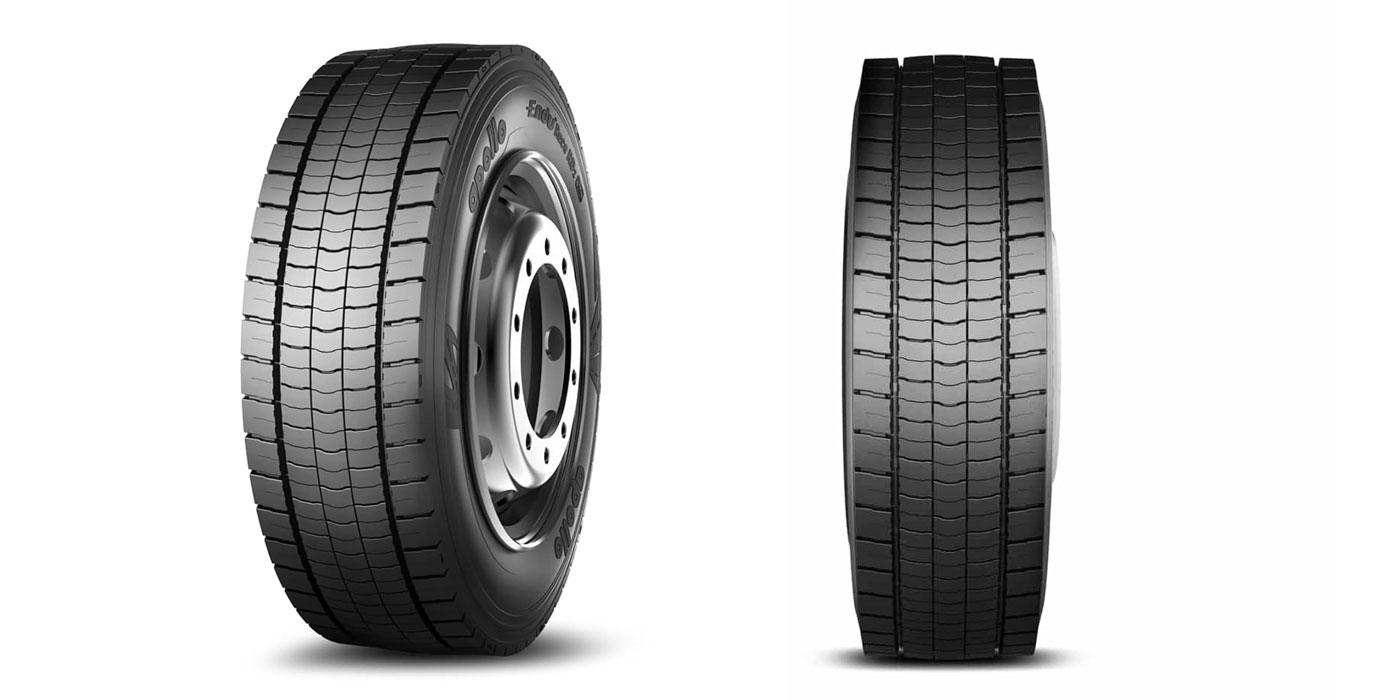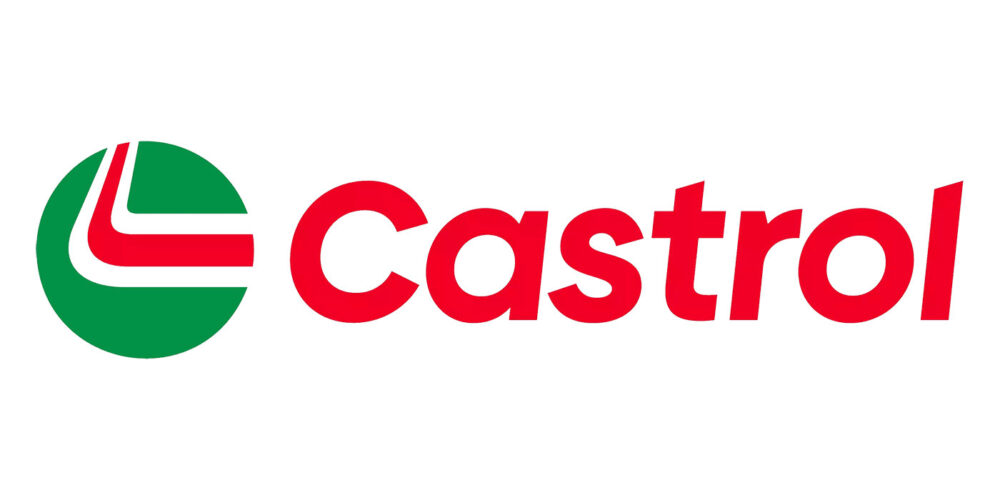How about an old physicist predicting which fuels will be the appropriate choices for our society? That’s easy. We will eventually decide to generate electrical power using nuclear energy and most automotive power using hydrogen fuel cells. This will not happen in our lifetimes.
Any forward-thinking expert on electrical power will tell you that nuclear power produces zero emissions, is in its fourth generation, and is very safe and cost effective. The International Energy Agency (IEA) predicts the demand for nuclear power will be up 70% by 2035.
Likewise, if you listen to a knowledgeable automotive scientist, you will learn that hydrogen is the cleanest burning of all fuels (zero emissions!). The end state for personal transportation will occur when scientists can develop hydrogen fuel cells of sufficient efficiency to power our daily transportation. Think of hydrogen fuels cells as the ultimate energy storage device. Some day fuel cells will make hydrocarbon-fueled vehicles seem like rotary-dial telephones.
I think we currently have too many well-intentioned people and organizations whose actions will take us down several wrong, costly and time-consuming paths before we can arrive at the ultimate fuel solution. Our lack of a national energy policy allows every ambitious politician to propose some new scheme to reduce our nation’s dependence on foreign sources of oil while helping his constituents. It would be different if politicians actually cared about what they were proposing, but most are merely concerned with what it takes to get re-elected.
Natural gas will easily supply all of our near-term energy requirements and energy dependence issues if we leave producers alone. Approval of the Keystone pipeline would provide jobs for many people, including steel producing cities where unemployment rates are well above 10%. The IEA predicts natural gas consumption will be almost as high as coal consumption by 2035.
Corn-based ethanol is an example of the flaws in our current, no national energy policy system. Ambitious politicians combined with environmentalists and the farm lobby to thrust the use of corn-based ethanol on everyone. Did they tell us that corn-based ethanol would require much of our available water supply and drive food prices through the roof? Did you realize that California is importing sugar-based ethanol from Brazil instead of purchasing corn-based ethanol because the emissions are less?
After several years of corn-based ethanol legislation, people are beginning to suspect the errors of their ways. For people in businesses who must closely monitor their economics to survive, ethanol makes no sense whatsoever. The U.S. National Research Council recently stated that “U.S. Government policies pushing ethanol seem counterproductive…”
Ethanol producers in states that don’t mandate the use of ethanol have trouble surviving. I read about one ethanol producer who was going broke. He closed his plant, laid off his workers and donated the water he was using to a firm who was using it to “frack” (hydraulic fracturing) for natural gas.
I read a lot of alternate energy articles and blogs to stay abreast of breaking energy developments. One well-meaning biofuels magazine editor finally had to admit recently that, although he was totally committed to biofuels, he was paying twice as much to heat his home as his neighbors who use natural gas. It almost sounded to me like a commercial for natural gas.
All of our national alcohol and biodiesel tax credits, except the tax credit for cellulosic biodiesel fuel,
expired Dec. 31. Since we have no national energy policy, here we go again. I can only hope we reevaluate those credits and develop a realistic national energy policy soon.













